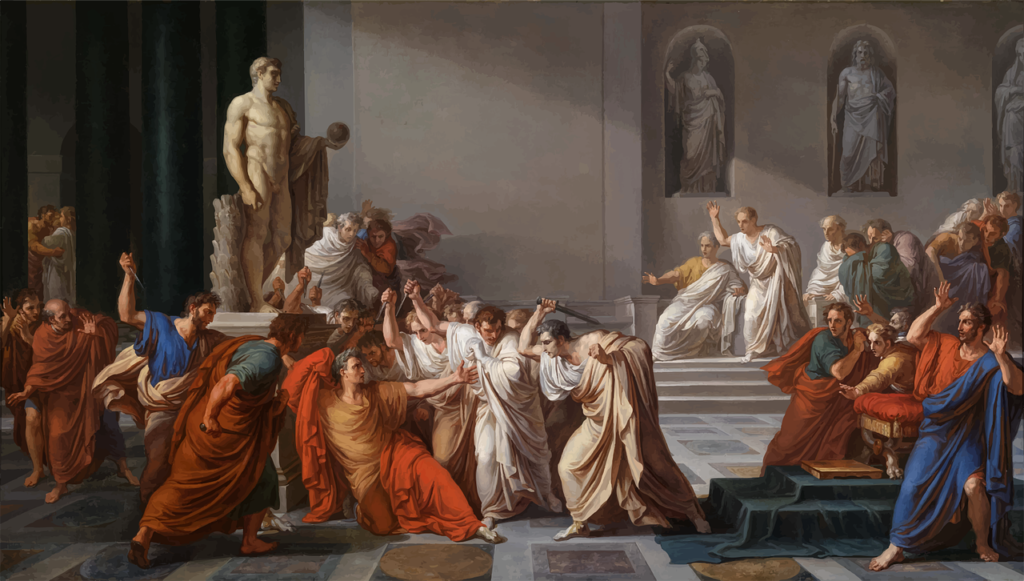Italian Passato Remoto Posted by Bridgette on Jun 13, 2020 in Culture, Grammar
Ciao a tutti!
Last week when you read the story La lepre e la tartaruga, you may have noticed a different verb tense, the passato remoto, the remote past.
The passato remoto is typically a narrative past tense that is used to recount historical events or actions in the distant (remote) past. It is also commonly used in the South of Italy, in both speaking and writing. Otherwise, you will come across the passato remoto in literature, newspapers, and fables like the one we read together.
Let’s take a look at some regular are, ere, ire, and isc verbs in the passato remoto below so you can begin to see the pattern:
| Parlare (to speak) |
Vendere (to sell) |
Dormire (to sleep) |
Finire (to finish) |
|
|---|---|---|---|---|
| io | parlai | vendetti/-ei | dormii | finii |
| tu | parlasti | vendesti | dormisti | finisti |
| lui, lei, Lei | parlò | vendette/-è | dormì | finì |
| noi | parlammo | vendemmo | dormimmo | finimmo |
| voi | parlaste | vendeste | dormiste | finiste |
| loro | parlarono | vendettero/ erono |
dormirono | finirono |
*Notice the accented letters. When pronouncing, it’s important to emphasize the letter on which there is an accent. Otherwise, you will be saying the wrong tense.
Parlo – I speak (present tense)
Parlò – He spoke (passato remoto)
Now let’s look at some partially irregular verbs in the passato remoto:
| avere
(to have) |
leggere
(to read) |
mettere
(to place) |
nascere
(to be born) |
sapere
(to know) |
scrivere
(to write) |
||
|---|---|---|---|---|---|---|---|
| io | ebbi | lessi | misi | nacqui | seppi | scrissi | |
| tu | avesti | leggesti | mettesti | nascesti | sapesti | scrivesti | |
| lui/lei | ebbe | lesse | mise | nacque | seppe | scrisse | |
| noi | avemmo | leggemmo | mettemmo | nascemmo | sapemmo | scrivemmo | |
| voi | aveste | leggeste | metteste | nasceste | sapeste | scriveste | |
| loro | ebbero | lessero | misero | nacquero | seppero | scrissero |
*You will notice the tu, noi, and voi forms are regular.
*Venire (to come) is also irregular = venni/venisti/venne/venimmo/veniste/vennero
And finally here are some totally irregular verbs:
| bere
(to drink) |
dare
(to give) |
dire
(to say) |
essere
(to be) |
fare
(to do, make) |
stare
(to stay) |
||
|---|---|---|---|---|---|---|---|
| io | bevvi | diedi | dissi | fui | feci | stetti | |
| tu | bevesti | desti | dicesti | fosti | facesti | stesti | |
| lui/lei | bevve | diede | disse | fu | fece | stette | |
| noi | bevemmo | demmo | dicemmo | fummo | facemmo | stemmo | |
| voi | beveste | deste | diceste | foste | faceste | steste | |
| loro | bevvero | diedero | dissero | fossero | facessero | stettero |
So when should you use passato remoto? There is much debate- especially because the North and South of Italy use the tense differently. Mostly it will be important to recognize the passato remoto when reading. Some grammarians like to say that if the action is completely done with no implications on current events, then you can go passato remoto, especially when speaking if you are in the South. Otherwise, stick to this tense to talk about significantly old historical events, and avoid using it in conversation in the North.
Here are some exercises to practice the passato remoto! Translate these sentences and comment them below:
Dante was born in the 13th century.
The Roman Empire was vast.
We wrote many stories.
They spoke Latin.

Build vocabulary, practice pronunciation, and more with Transparent Language Online. Available anytime, anywhere, on any device.





Comments:
Amir:
Il Dante fu nato nel tredicesimo secolo.
L’impero romano fu grandissimo.
Noi scrivemmo tante storie.
Loro parlarono il latino.
Tante grazie prof.ssa Bridgette! È stato molto utile. Non smettete mai a scrivere su argomenti interessanti.
Buon fine settimana.
A presto,
Amir